DIAGNOSTIC IMAGING (Radiology)
- CT (Computed Tomography)
- DEXA (Dual-Energy X-Ray Absorptiometry)
- Echocardiography
- Interventional Radiology
- Mammography (Screening & Diagnostic)
- MRI
- Nuclear Medicine
- Radiography (Routine X-ray)
- Ultrasound (Sonography)
- Vascular Imaging
- Scheduling
The Diagnostic Imaging department offers multiple imaging modalities with a technically knowledgeable, nationally registered, and state licensed staff including on-site and remote radiologist services.
CT (Computed Tomography)
Imaging from a cross-sectional plane of the body. Each image is collimated to a very thin beam. Many exams require patient prep including fasting or blood work. Oral or IV contrast is often utilized to enhance organs and for more defined images of the digestive tract or venous system.
DEXA
Bone density scanning is an enhanced form of very low dose X-Ray technology that is used routinely to measure bone density of the hip and spine. DEXA is today's established standard for measuring bone mineral density (BMD) and to evaluate for Osteoporosis.
Echocardiography (adult)
This test uses a small transducer that produces high-frequency sound waves which create detailed images of the heart and to evaluate its function in a non-invasive manner.
Interventional Radiology
Board-certified interventional radiologists perform various minimally invasive procedures at the H. L. Snyder Medical Foundation Surgery Center using medical imaging guidance. Interventional radiology uses the catheterization lab to treat kidneys, veins, arteries, and other organs, and perform other interventional procedures. These procedures offer reduced risk, less pain, and shorter recovery times. Scheduling is done through our cath lab at 620-221-2300 ext. 1528.
- Paracentesis
- Thoracentesis
- Thyroid Fine Needle Aspiration (FNA)
- Superficial Drain accessible by ultrasound
- Epidural Steroid Injections
- Breast Biopsy (ultrasound)
- Interior Vena Cava (IVC) Filter Placement
Mammography
Imaging examination of the breast by means of low dose X-Ray, used for screening and diagnosis of breast abnormalities. William Newton Hospital is a "softer mammogram provider" and uses a MammoPad to increase comfort during the exam. (Ultrasound and MRI may also be used to image the breast).
MRI
MRI uses a magnetic field, radio frequency pulses and a computer to produce detailed images of organs, soft tissue, bone, and virtually all other internal structures. An IV contrast is often utilized to enhance imaging. The wide bore provides more room for patients while producing high quality images.
Nuclear Medicine
Nuclear medicine utilizes small amounts of radioactive material (isotopes) to diagnose or treat disease. The radioactive materials are carefully selected to provide the best possible absorption by the organ being studied and are administered orally, IV or by inhalation. The isotope must be ordered from a radiopharmacy, so the exam should be scheduled in advance.
Radiography (Routine X-Ray)
Referring to the examination of any part of the body for diagnostic purposes by means of X-Ray with the findings recorded digitally. William Newton Hospital offers emergency radiography 24/7 through the Emergency Department. Outpatients are scheduled during regular hours.
Ultrasound (Sonography)
Ultrasound is a method of obtaining images with the use of high frequency sound waves and without radiation. Ultrasound imaging often requires prep such as fasting or filling the urinary bladder.
Vascular Radiography
WNH performs a wide variety of vascular studies: carotid, venous and arterial ultrasound studies; MRA of the brain, carotid arteries, or renal arteries; and CT angiography of the brain, neck, chest and abdomen.
Scheduling
To schedule an outpatient procedure an order from the referring provider (including appropriate diagnosis) is required. Please contact Central Scheduling at 620-221-6221.

Meet our Team
The Diagnostic Imaging department offers multiple imaging modalities with a technically knowledgeable, nationally registered, and state licensed staff including on-site and remote radiologist services. Our technologists are constantly finding ways to further their knowledge by seeking out certifications, continued education opportunities, and the most up-to-date methods of the different modalities.
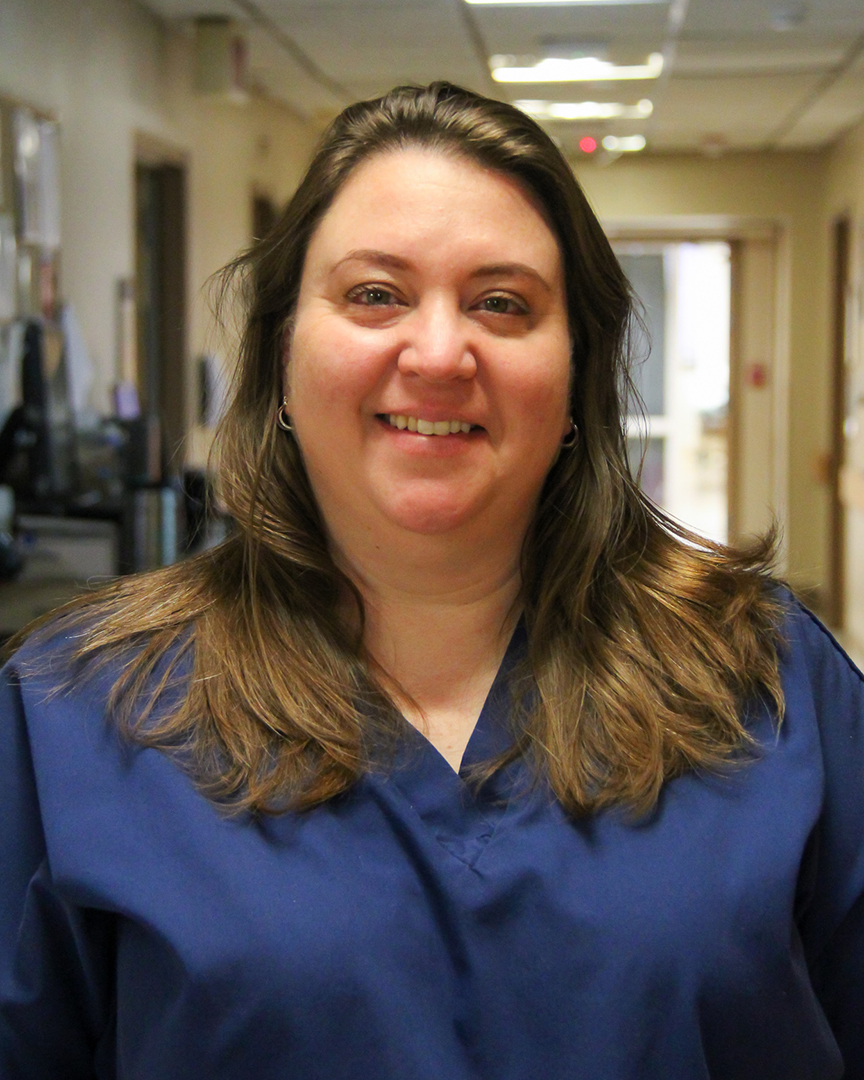
Jamie Archer
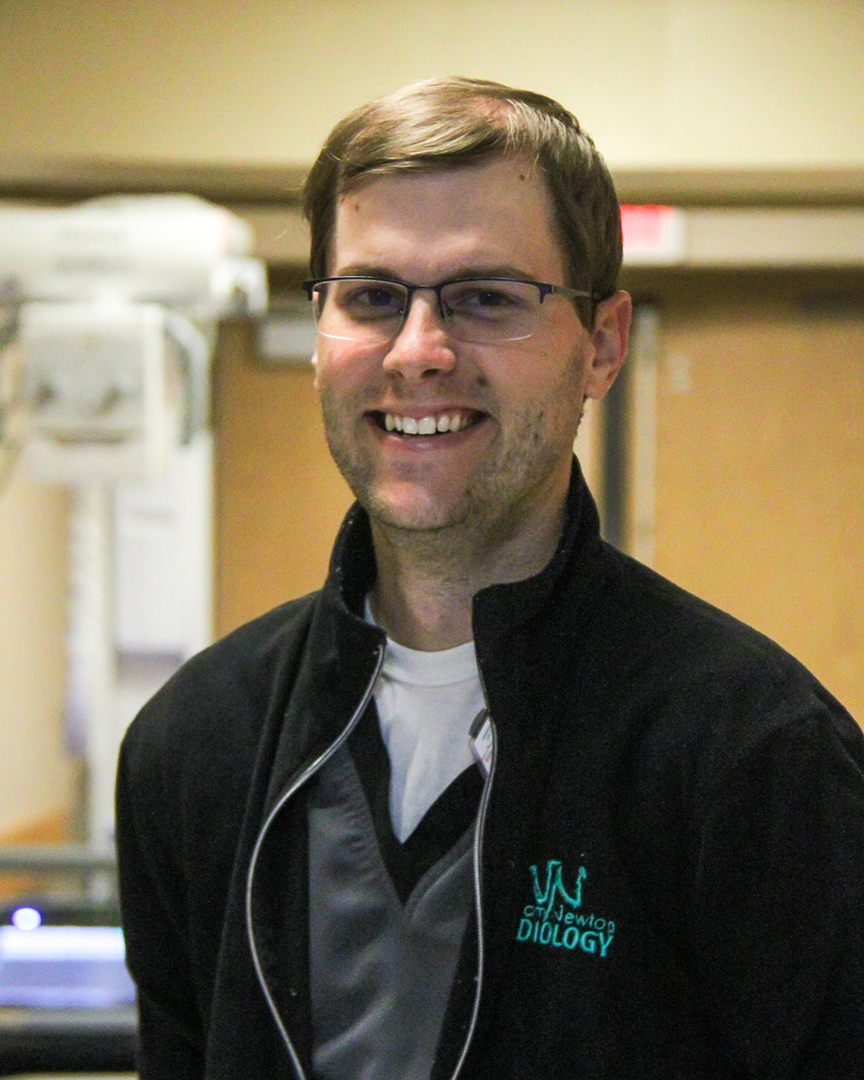
Blake Boswell
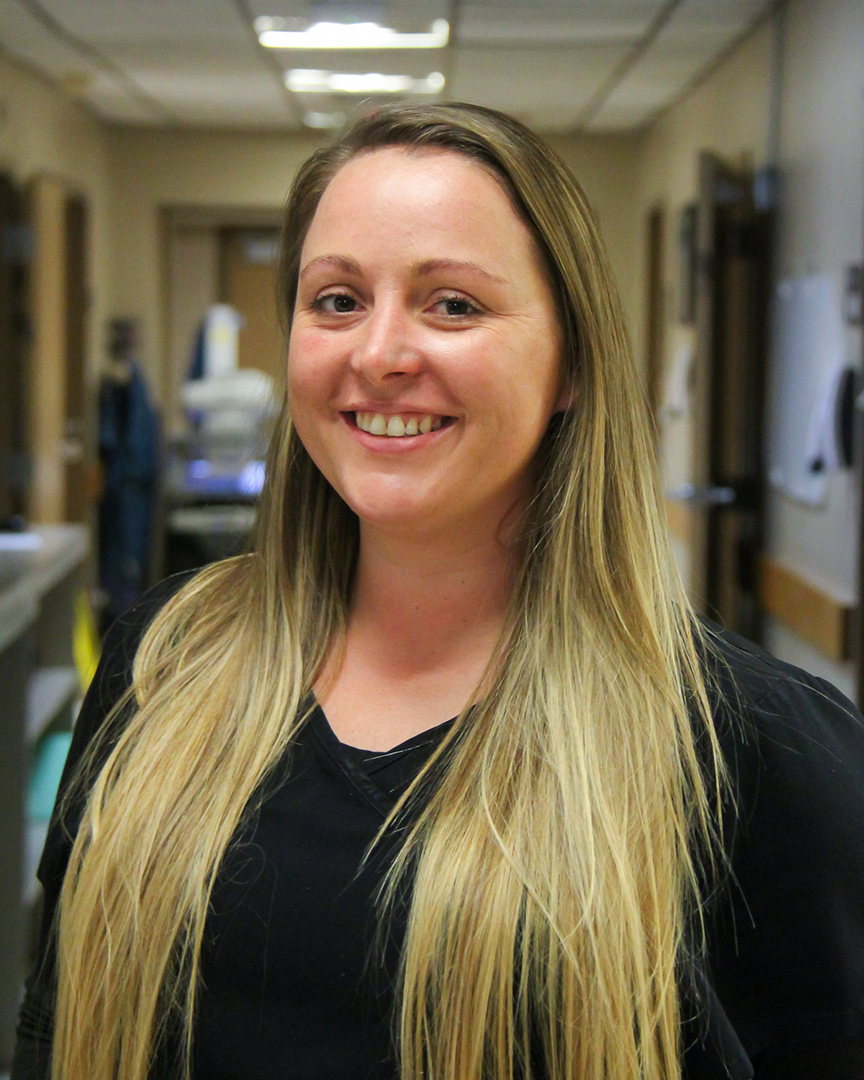
Dominique Carroll
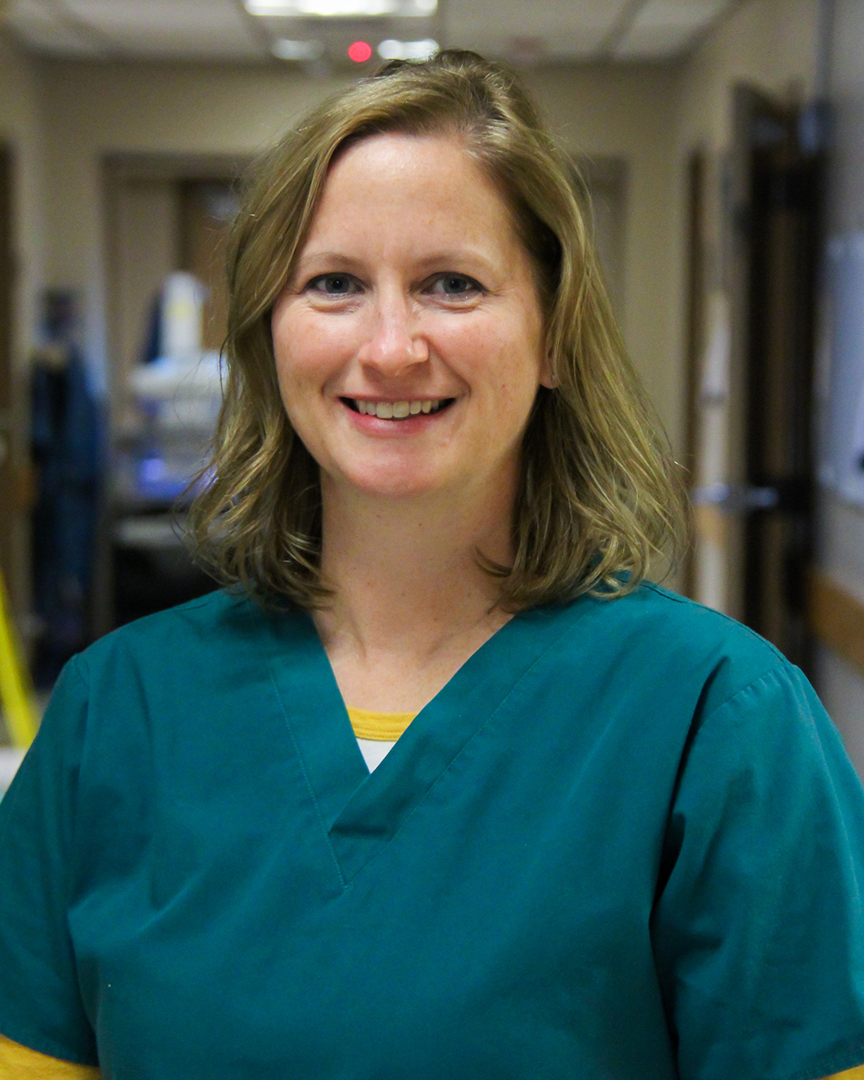
Amie Ferguson

Amanda Gropper

Doreen Kelley
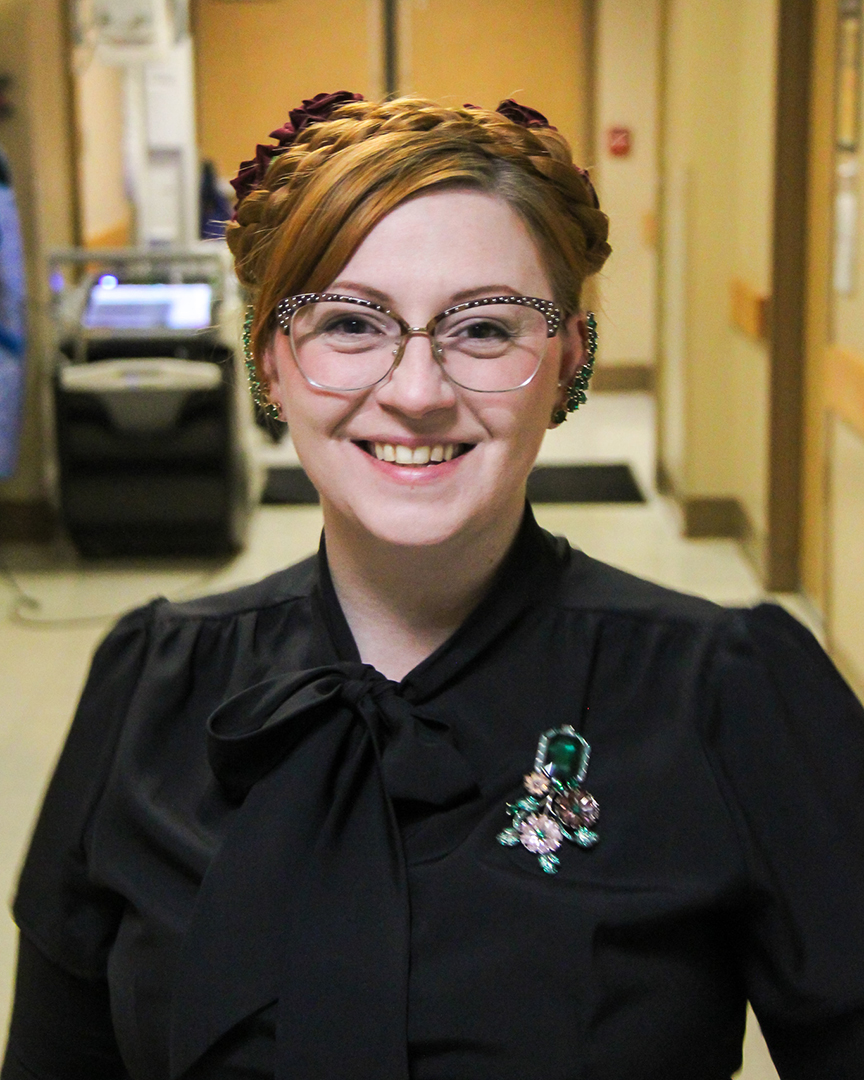
Amy Marks
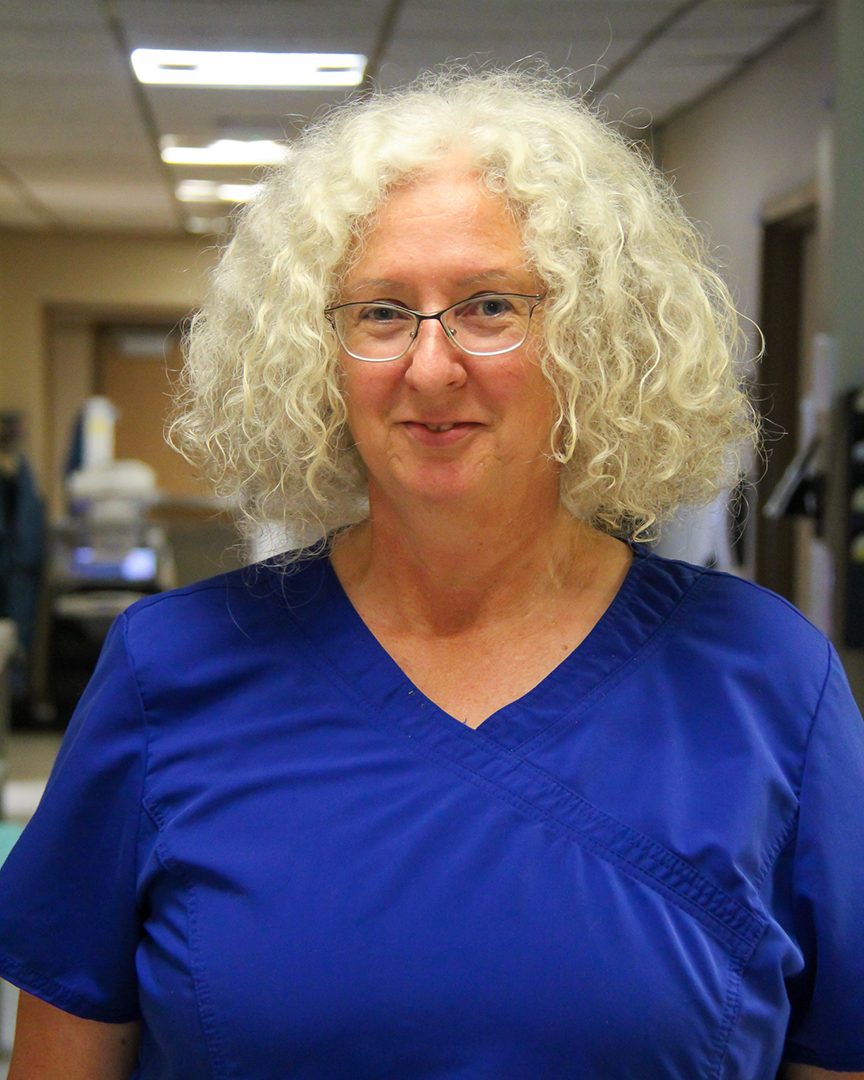
Siggi Norton
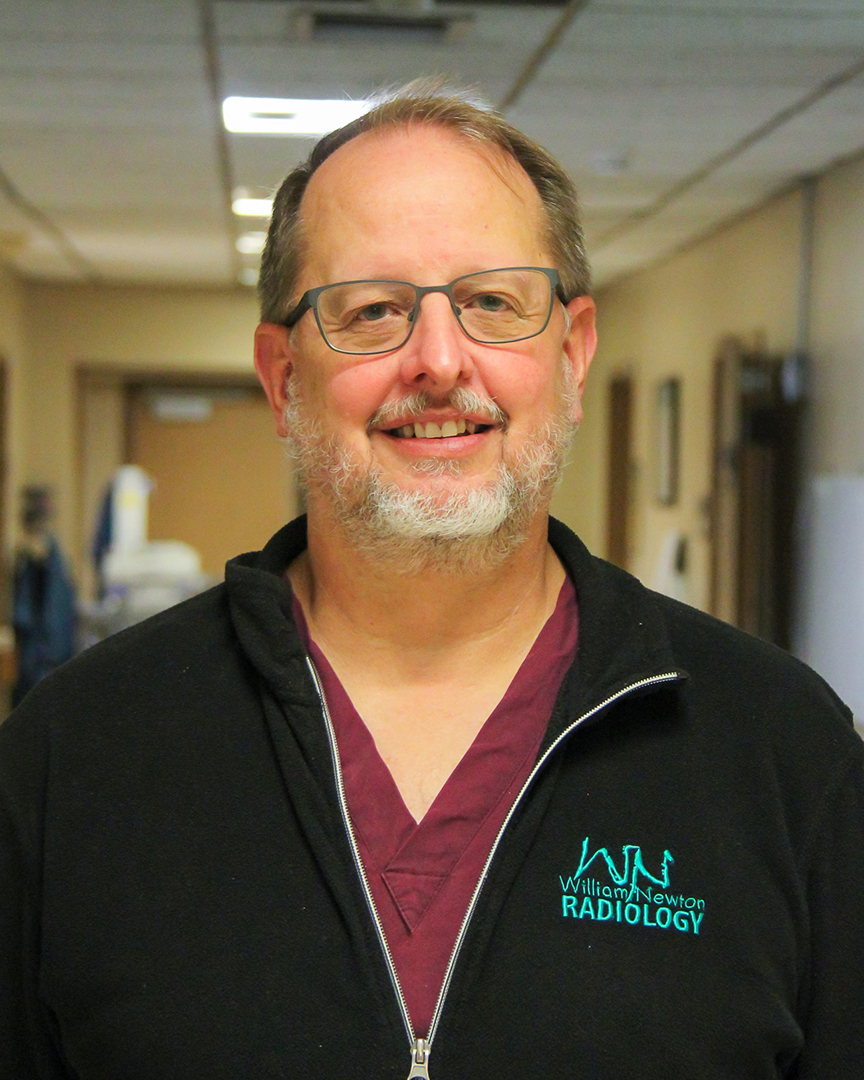
Bryon Rinke
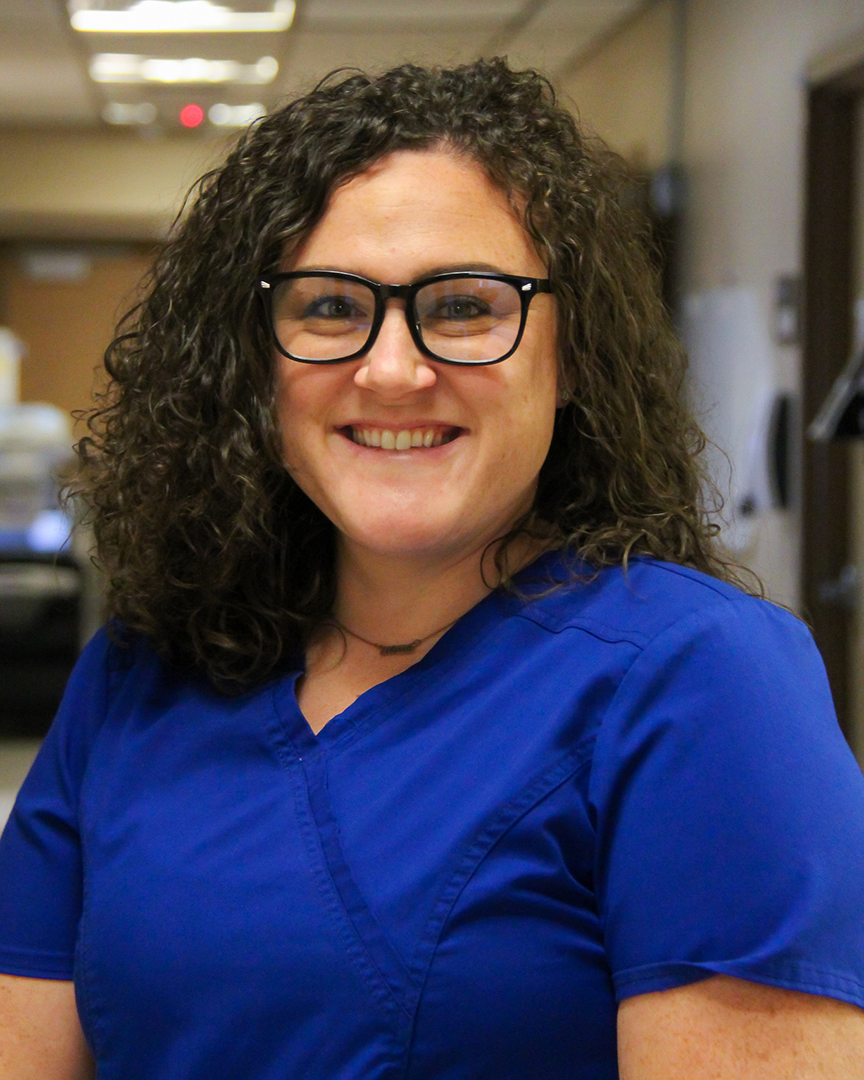
Kendra Stanley

Kylie Zimmerman
